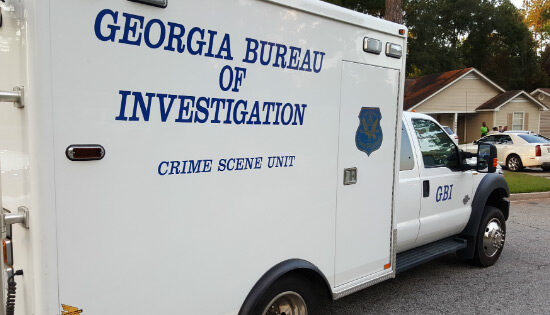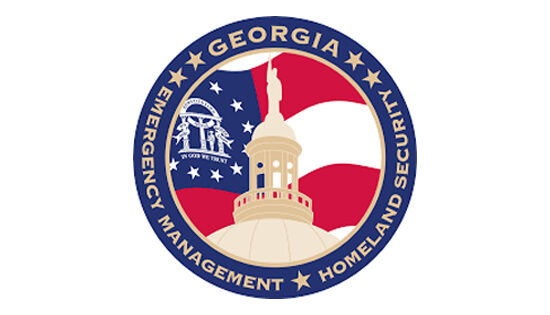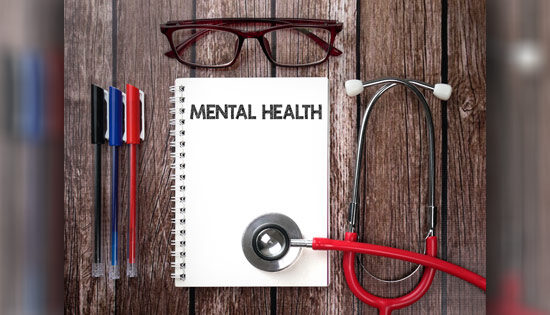Release:
Attorney General Chris Carr is recognizing International Fraud Awareness Week, Nov. 14 – 20, 2021, by encouraging Georgia consumers to learn the red flags of a scam to protect their personal and financial information.
“Scammers are constantly adapting their fraudulent schemes to new technologies, seasonal happenings, the latest trends and current events,” said Carr. “To stay ahead of these deceptive tactics, we urge all Georgians to familiarize themselves with the common signs of a scam and to take precautions to protect their privacy and their finances.”
Red Flags of a Scam:
- Being asked to pay money, for any reason, in order to receive a prize or get a job.
- Pressure to act immediately.
- Use of scare tactics, e.g. telling you a loved one is in danger, that your computer has been hacked, that you will be billed for a large amount of money or threatening arrest if you do not act now.
- Insistence that you pay by gift card, wire transfer or cryptocurrency.
- Receiving a check or overpayment and being asked to wire a portion of the funds back.
- Being asked to provide your user name, password, PIN, Social Security number, account number or financial information to someone who contacts you out of the blue.
- Get-rich-quick and other promises that sound too good to be true.
Ways to Protect Yourself:
- Do not click on links or download attachments, even if the text message or email appears to be from someone you know, unless you have verified that they are legitimate.
- If you are not sure whether a contact or solicitation is legitimate, hang up the phone. If receiving an email or text message, do not reply, click on any links or download any attachments. Instead, search the actual contact information of the company or organization and call that number to verify whether you need to take any action or provide any information.
- When shopping online, it is best to do business with companies you know and trust. Check the reputation of a business with the Better Business Bureau (bbb.org). You may also want to do an internet search for the company’s name plus the word “complaints,” “scam” or “fraud.”
- Make sure the charity you are donating to is reputable. Scammers can use the phone and the internet to pretend to be someone they are not, so be very cautious about responding to an unsolicited phone call, email or text message asking for donations. In addition, even legitimate charities give varying amounts of their donations to the actual people they are helping. Consider donating to well-known charities only by contacting them through a verified website. You can also check a charity’s rating through give.org, charitynavigator.org and charitywatch.org.
- Be careful about what information you post to social media and who you are giving permission to view it. Check your privacy settings on your social media accounts to limit who can see your posts.
- Check your bank and credit card accounts frequently for any charges you did not authorize. You can dispute fraudulent transactions by contacting your financial institution.
Resources:
- Read answers to actual consumer questions by subscribing to the Consumer Protection Division’s semi-monthly “Ask Consumer Ed” column here or by visiting ConsumerEd.georgia.gov.
- The Consumer Protection Division publishes a number of informative consumer guides.
- To report a scam or fraud, contact the Attorney General’s Consumer Protection Division by calling (404) 651-8600 or by filing a complaint.











